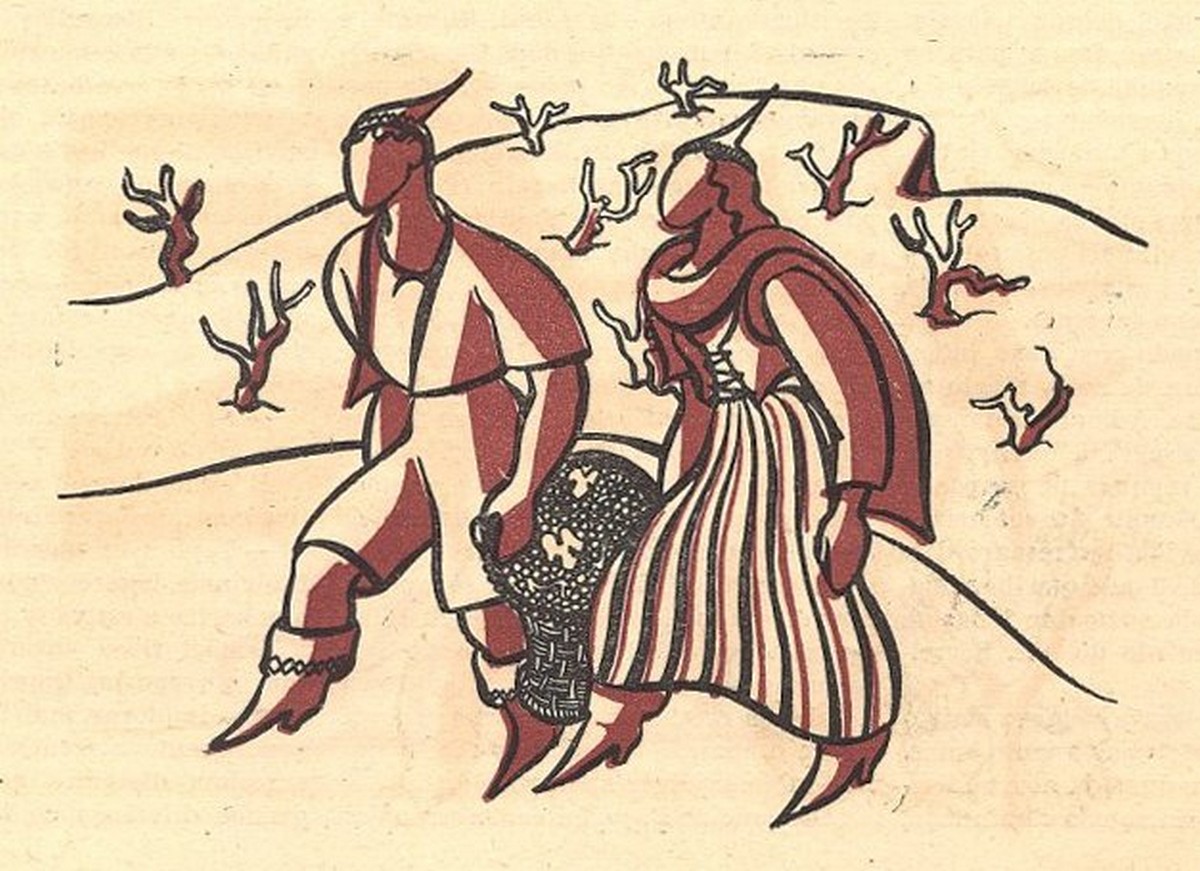Research Strategies
Boolean Operators
Boolean operators are a database logic you can use to refine your searches. The most basic elements are using AND, OR and NOT between keywords or putting quotes around your phrases to use an exact phrase and parenthesis when using multiple operators in the same line. Helpful Google (and Google Scholar) operators include site: (as well as -site) to include or exclude results from specific sites and AROUND(#) to produce results where your two keywords on either side are within a certain number of words with each other.
Learn more about Boolean Operators with this MIT guide
Isolating Unique Identifiers
Sometimes searching for someone with a very common name is even more difficult than a unique one. If you are tasked with finding media on a John Smith, employ those Boolean operators discussed above and try drilling down on the specific area that they lived in, when they lived and aspects of their life, such as where they worked, clubs they were associated or partners who may have a less conventional name.

Reverse Image Searching
But what if you have an image with no data and you need to determine the copyright status of the object? This is a perfect job for reverse image searching, which has greatly increased in accuracy due to rapid developments in machine learning. While Google, Bing and Yandex all have reverse image searching tools in their browser, I prefer TinEye for it’s simple interface and ability to sort image results by file size (if I am looking for the highest quality version of an image) and upload date (if I am looking for the original version of an image). This is also helpful for finding a non-Getty version of an image mentioned in the previous module.
In summary, you are just beginning when you have searched the given name of a person, place or thing as we know it today. Varying your research strategy depending on the era, location and even lifestyle of your research subject in order to locate them in the historical record. Learning to do so is an invaluable research skill that, in my experience, yields superior results to search engines algorithms.